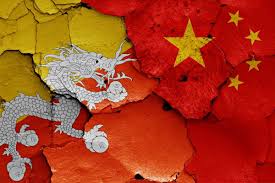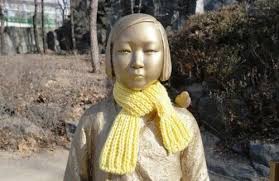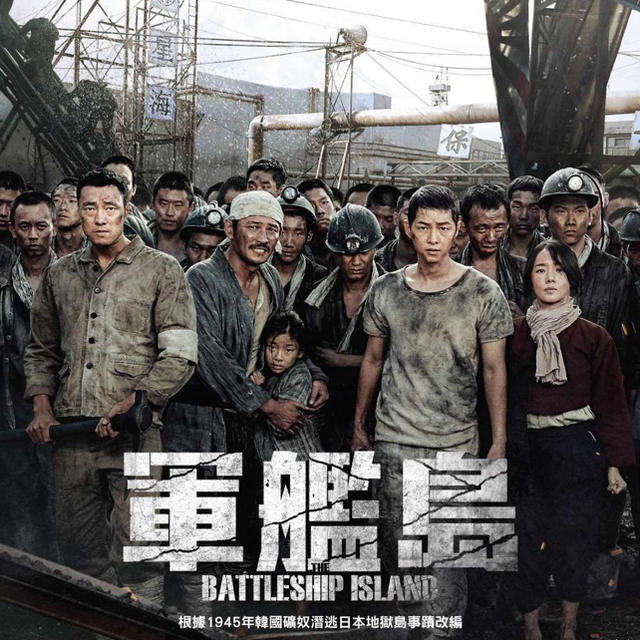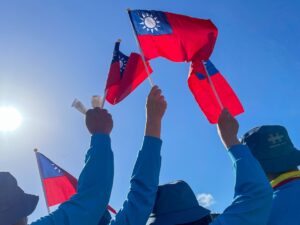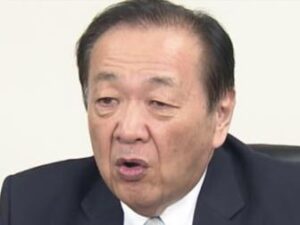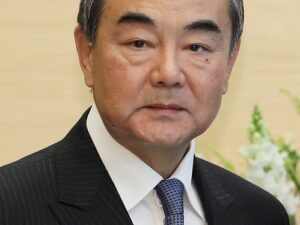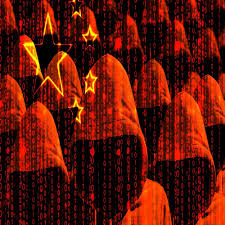
“Aoi Sora (43) is a Japanese sexy actress who is by far the most popular in China. When the Noda Yoshihiko administration of the Democratic Party of Japan, the ruling party at the time, nationalized the Diaoyu Islands (the Chinese name for the Senkaku Islands) in 2012, there were large anti-Japanese demonstrations in China. At the time, I couldn’t help but smile a little at the placards held up by Chinese youths and the unique catchphrases that appeared on the internet. “Diaoyu Island is Chinese, and Aoi Sora is the world’s (everyone’s)”.
This is the view of former TBS reporter Takeda Kazuaki (58), who is known by the nickname “Prince of the Diet”. His latest book, “Things about China that Japanese people should know”, provides an easy-to-understand explanation of everything from the politics and economy to the culture of “close but distant” China. Let’s take a look at some of the content (re-edited from Takeda’s comments in the book).
◆Chinese citizens are sexually repressed
Japanese adult videos are popular among China’s younger generation. Of course, the authorities forbid people to watch adult videos, but there seems to be a loophole, and it seems that people can now watch pornographic websites on the internet.
The Chinese Communist Party is aware of this situation. However, I think they are turning a blind eye to it to a certain extent. They know that if they crack down too much on porn, it will cause stress among the people. Adult videos are not political, and as long as there are no problems such as crime arising from them, there is no need to make a fuss.
The sexy actress who was popular with young people in China after Aoi Sora was Matsushima Kaede (42). Her popularity exploded after Han Han, the author of the best-selling novel “Shanghai Beat”, which sold over 2 million copies, posted a link to Matsushima’s blog on his own blog.
Basically, there is no legal sex industry in China. There are no shops that provide sexual services, at least not openly, as they are tolerated in Japan. There are no adult videos or sexy books. The people are sexually repressed. It is precisely because they are repressed that they have explosive power.
◆Buying a whole building of Japanese real estate for an average annual income of about 600,000 yen?
Not long ago, Chinese tourists would charter a sightseeing bus to visit Ginza, where they would buy high-end brand bags and clothes one after another, and in Akihabara they would buy large quantities of electrical appliances. This is what is known as “explosive buying”. Now it seems that they have changed to paying for experiences rather than things.
The number of wealthy Chinese people buying Japanese real estate is increasing. In China, a socialist country, the state owns the land. It is not possible to purchase real estate as your own property. The only option is to lease land, which in Japan is known as fixed-term land lease rights. For housing, you can lease land for up to 70 years, and for other uses, you can lease land for up to 40 or 50 years.
Although it is in effect “your own land”, it is technically owned by the state, so it is still a rental property. For this reason, now is the time to buy Japanese real estate, as it is both physically close to China and the yen is currently weak. In Japan, if you buy real estate, it is completely your own. This is a big draw for the Chinese, who are an agricultural people and have a strong attachment to the land.
According to the manager of a Chinese real estate company in Japan, wealthy Chinese people are buying entire apartment blocks in Japan and renting them out, or registering them as private accommodation and using them for business.
This is a story I heard before the coronavirus pandemic – a taxi driver in Hokkaido was asked by a Chinese person he had picked up from Sapporo to Chitose Airport to “give him 50 million yen for now, and buy a suitable apartment block before the next time he comes”.
The idea of entrusting 50 million yen to a complete stranger seems a little strange, doesn’t it? The taxi driver also got scared and refused.
This feeling would probably be considered abnormal even by many Chinese people. Li Keqiang, who served as prime minister from 2013 to 2023, said at a press conference in 2020 that “the average annual income in China is 30,000 yuan (about 600,000 yen), but there are 600 million people with an average monthly income of 1,000 yuan (about 20,000 yen)”. The gap between the rich and the poor, between urban and rural areas. The disparity in the Chinese economy is expanding to a degree that is incomparable to Japan.
How should we understand the Xi Jinping administration? Will China really move towards unification with Taiwan? What was the fate of the author who brought a “forbidden book” depicting Mao Zedong’s promiscuous sex life to China? “Things about China that Japanese people should know” is now on sale from Tatsumi Publishing.
Takeda Kazuaki / Born in 1966 in Tokyo. Graduated from the School of Literature, Arts and Sciences at Waseda University, majoring in Chinese literature. Formerly a reporter for TBS Radio covering the Diet. He was known by the nickname “Prince of the Diet” even at the time. He also appeared for a long time on the political corner of “Sunday Japon” and was well-liked. In June 2023, he left TBS after serving as the News Editor-in-Chief of the News Department. While at university, he studied abroad at the Chinese University of Hong Kong, and while working at TBS, he was also posted to Beijing for three and a half years as a correspondent.
FRIDAY Digital
